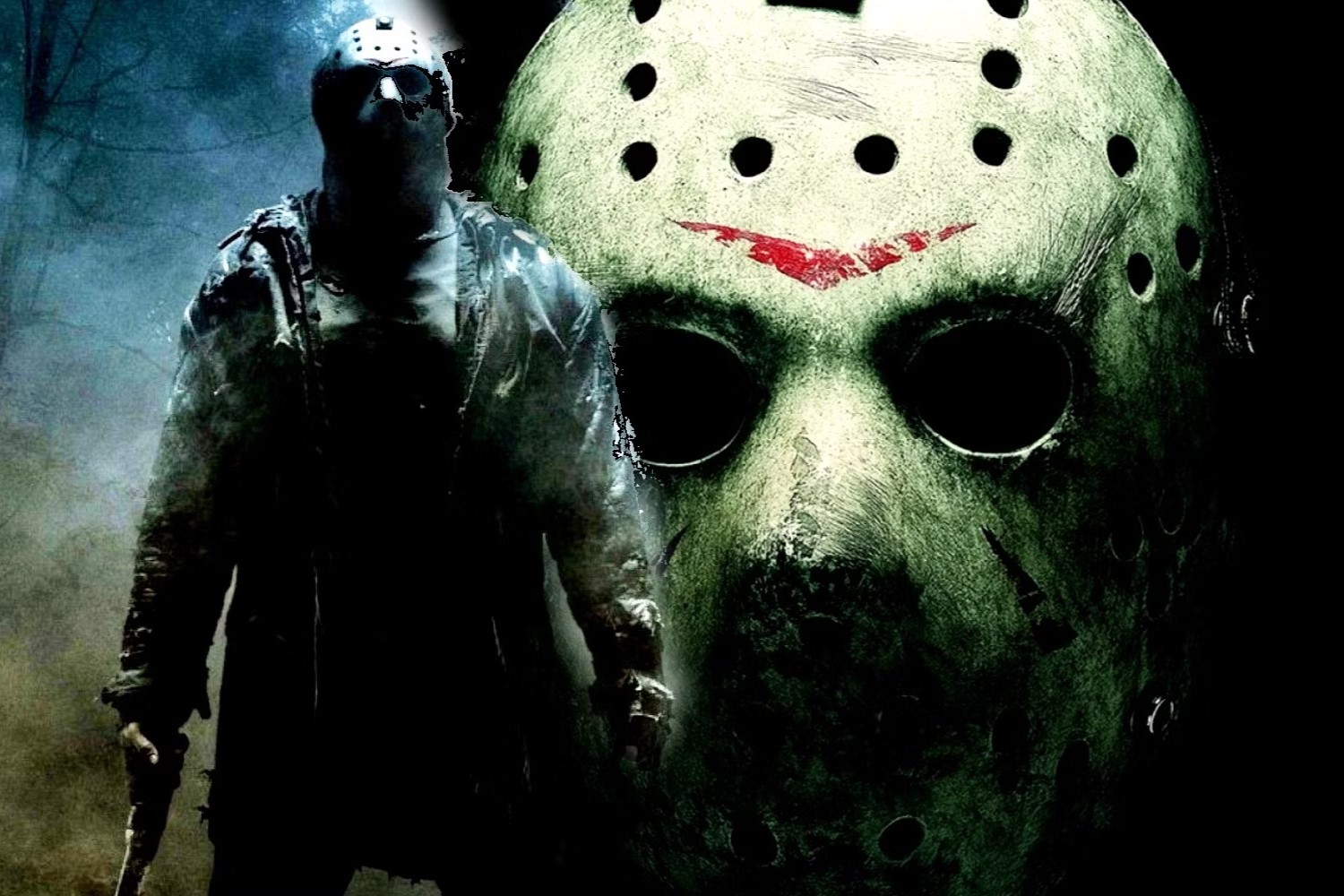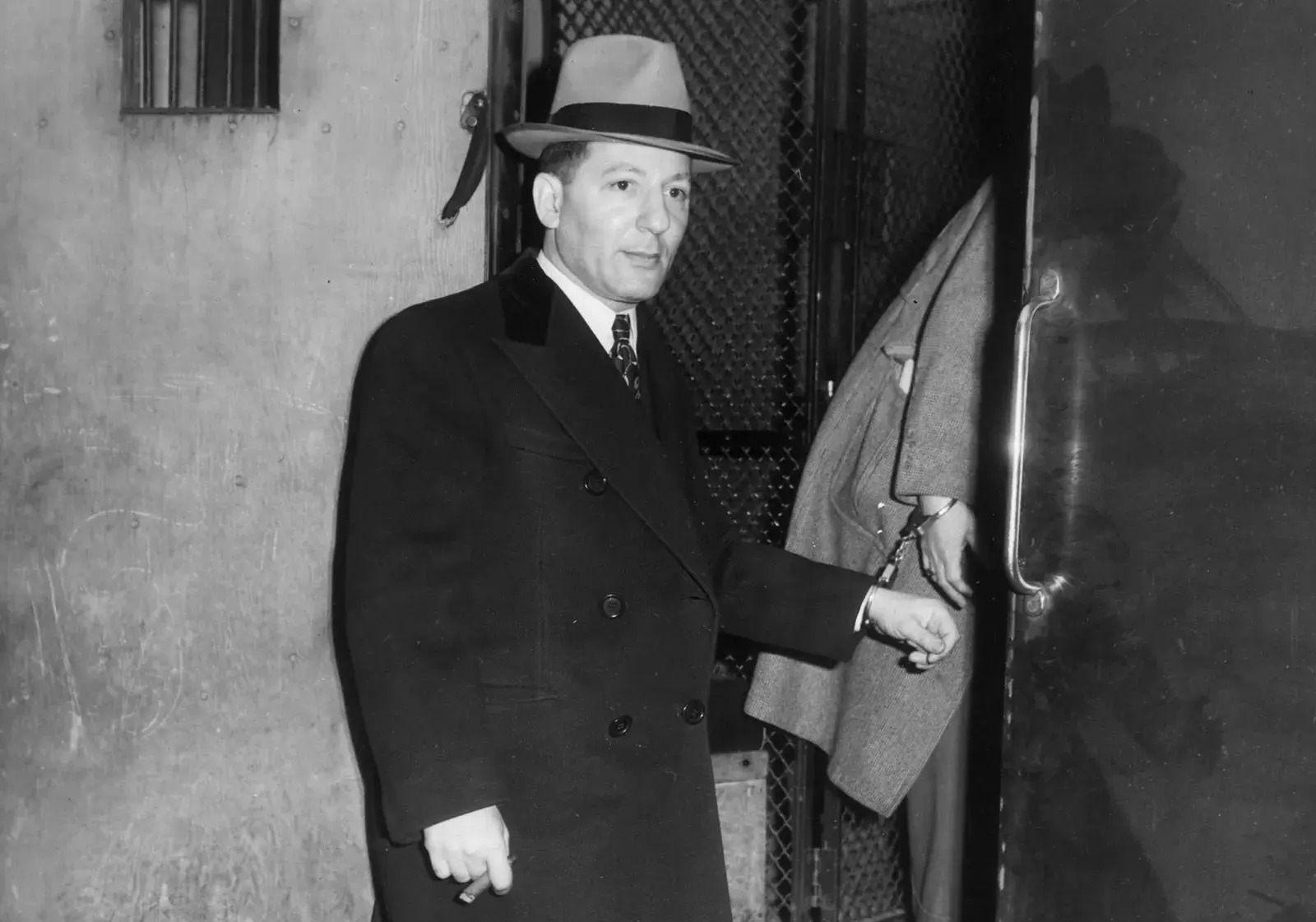
Why is Friday the 13th considered unlucky? The fear of Friday the 13th, known as friggatriskaidekaphobia, has deep roots in history, religion, and culture. From biblical tales of the Last Supper to Norse mythology involving the trickster god Loki, this day has long been associated with misfortune. The superstition gained traction in the 19th century and was further popularized by Thomas Lawson's 1907 novel "Friday, the Thirteenth." Even today, millions avoid travel, business deals, and major life events on this day. Whether you see it as a day of doom or just another Friday, the lore surrounding Friday the 13th is undeniably intriguing.
Key Takeaways:
- Friday the 13th superstition originated from historical events and mythology, such as the Last Supper and Norse mythology. It has impacted pop culture, science, and even led to the creation of treatment centers.
- The fear of Friday the 13th, known as friggatriskaidekaphobia, has influenced various aspects of modern life, from business practices to healthcare decisions. Despite its origins, people continue to both fear and celebrate this infamous day.
The Origins of Friday the 13th
Friday the 13th has long been considered an unlucky day, but where did this superstition come from? Let's dive into the origins and early mentions of this infamous date.
-
The fear of Friday the 13th is believed to have originated in the late 19th century. The first recorded mention of the day's notoriety can be found in a biography of Italian composer Gioachino Rossini, who died on a Friday the 13th.
-
One of the primary sources of the superstition surrounding Friday the 13th is the Bible. During the Last Supper, there were 13 guests: Jesus and his 12 apostles. Judas, one of the apostles, betrayed Jesus, leading to his crucifixion on the following day, a Friday.
-
Another mythological account suggests that the fear of 13 comes from Norse mythology. The trickster god Loki tricked the blind god Höðr into killing his brother Baldr with a dart of mistletoe. This event occurred at a dinner held for 12 gods before it was interrupted by Loki, the 13th (and most unwanted) guest.
-
A popular urban legend suggests that the Knights Templar were arrested on Friday, October 13, 1307, by King Philip IV of France. This event led to the torture and execution of many Templars, contributing to the superstition surrounding Friday the 13th. However, this is largely a myth perpetuated by Dan Brown's novel "The Da Vinci Code".
-
A 1907 book titled "Friday, the Thirteenth" by American businessman Thomas Lawson is often credited with popularizing the notion that Friday the 13th is bad luck. The book tells the tale of a stockbroker who manipulates the stock market on this day, causing widespread panic and reinforcing the superstition.
The Science Behind the Fear
The fear of Friday the 13th has even been given scientific names and has a significant impact on people's lives. Let's explore the science and statistics behind this fear.
-
The fear of Friday the 13th is scientifically known as friggatriskaidekaphobia or paraskevidekatriaphobia. These terms come from the Greek words "paraskeví" (Friday) and "dekatria" (13), and "Frigg," the Norse goddess of wisdom after whom Friday is named.
-
Friggatriskaidekaphobia affects millions of people worldwide. The fear is so real that it causes significant economic losses, particularly in industries like airlines. Many businesses avoid scheduling important events or transactions on this day to avoid bad luck.
-
Every year has at least one and at most three Friday the 13ths. The longest period that can occur without a Friday the 13th is 14 months. This pattern repeats in a calendrical cycle, making it predictable but still unsettling for those who fear it.
-
For a month to have a Friday the 13th, it must begin on a Sunday. This rule applies to both common and leap years, ensuring that the pattern of Friday the 13th follows a consistent calendar logic.
-
In leap years, three Friday the 13ths can occur. If January 1 falls on a Sunday, the months of January, April, and July will each have a Friday the 13th. This pattern has repeated in the past, such as in 1928, 1956, and 1984.
Historical Events on Friday the 13th
Friday the 13th has been associated with several significant historical events. Here are some notable occurrences that have added to the day's eerie reputation.
-
On October 13, 1989, the US stock exchange suffered one of its most major crashes, known as "Black Friday".
-
Alfred Hitchcock, the master of suspense, was born on August 13, 1899, which was a Friday. This coincidence has been noted as an interesting fact about the day.
-
Several celebrities have been born on Friday the 13th, including Julia Louis-Dreyfus, Mary-Kate and Ashley Olsen, and Steve Buscemi. Despite the superstition, these individuals have achieved great success in their careers.
-
In 1882, Captain William Fowler founded a secret supper club called the 13 Club. The club's first meeting included 13 courses, was lit by 13 candles, and was attended by 13 people. This club defied the superstition and celebrated the number 13.
-
In some Spanish-speaking countries, Tuesday the 13th is considered a day of bad luck, known as "martes trece." This alternative superstition highlights the cultural variations in how people perceive unlucky days.
Pop Culture and Friday the 13th
Friday the 13th has made its mark on pop culture, inspiring movies, books, and even music. Let's look at how this day has influenced entertainment.
-
Taylor Swift, who was born on the 13th and turned 13 on a Friday the 13th, has called the number 13 lucky. Her first album went gold in 13 weeks, and her first #1 song had a 13-second intro. She also often sits in the 13th row or section when winning awards.
-
The horror movie franchise "Friday the 13th" has become a cultural phenomenon. The series follows a group of teenagers who are stalked and killed by Jason Voorhees at Crystal Lake. The films have been incredibly successful, cementing the day's place in popular culture.
-
Dan Brown's novel "The Da Vinci Code" perpetuates the myth that the Knights Templar were arrested on Friday, October 13, 1307. However, this event is largely a historical fabrication and not supported by factual evidence.
-
In 2012, there were three Friday the 13ths: January 13, April 13, and July 13. This rare occurrence happened exactly 13 weeks apart, adding to the day's mystique and fear.
-
As many as 85% of high-rise buildings with Otis brand elevators do not have a 13th floor. This practice is widespread and reflects the deep-seated fear of the number 13 in many cultures.
Superstitions and Practices
Superstitions surrounding Friday the 13th have led to various practices and behaviors aimed at avoiding bad luck. Here are some interesting ways people deal with this day.
-
Many hotels and hospitals skip the 13th floor to avoid bad luck. This practice is so common that it has become a standard in many high-rise buildings and healthcare facilities.
-
Airports often omit gate 13 to avoid any potential bad luck associated with the number. This practice is part of a broader cultural trend to avoid the number 13 in various settings.
-
Interestingly, pagans view the number 13 as lucky. This is because it parallels the number of full moons in a year, reflecting a positive association with the number in certain cultural contexts.
-
According to the Stress Management Center and Phobia Institute in North Carolina, it is estimated that 17 to 21 million people in the US are affected by friggatriskaidekaphobia, making it one of the most feared days in history.
-
Captain William Fowler's 13 Club was not the only group to defy the superstition surrounding Friday the 13th. Other historical figures, such as presidents Chester A. Arthur, Grover Cleveland, Benjamin Harrison, and Theodore Roosevelt, were honorary members of the club, celebrating the number 13.
Friday the 13th in Modern Times
Even today, Friday the 13th continues to influence various aspects of life, from business to healthcare. Let's explore how this day impacts modern society.
-
Studies have shown a significant increase in traffic-related accidents on Friday the 13th. This phenomenon has been observed by the British Medical Journal, adding to the day's reputation for bad luck.
-
In Italian pop culture, Friday the 17th is considered a day of bad luck. This variation highlights the cultural differences in how people perceive unlucky days.
-
Several serial killers and notorious murderers have names with 13 letters, such as Charles Manson and Jack the Ripper. This coincidence adds to the eerie reputation of the number 13.
-
There are treatment centers specifically designed to help individuals overcome their irrational fears of Friday the 13th. The Friggatriskaidekaphobia Treatment Center in Pocopson, Pennsylvania, offers various therapies and activities to address this phobia.
-
The Friggatriskaidekaphobia Treatment Center also features anti-superstition music as part of its therapy program. This unique approach aims to desensitize individuals to the fear by exposing them to positive associations with the number 13.
-
The treatment center provides free educational literature to help individuals understand the origins and nature of their fear. This educational approach is crucial in addressing the deep-seated superstitions surrounding Friday the 13th.
-
The perception of Friday the 13th varies across cultures. While it is considered unlucky in many Western societies, it is viewed as lucky in some pagan cultures. This diversity highlights the complex and multifaceted nature of human superstitions.
-
Captain William Fowler's 13 Club was not an isolated incident. Throughout history, there have been numerous instances where people have defied the superstition surrounding Friday the 13th. These events reflect a broader human tendency to challenge and subvert cultural norms.
-
Friday the 13th has been a theme in various literary works. Thomas Lawson's book "Friday, the Thirteenth" is a notable example, as it popularized the notion that this day is inherently unlucky.
-
Friday the 13th has inspired numerous songs and albums. Artists often use the day as a theme or metaphor in their music, reflecting its widespread cultural significance.
-
Artists have also been inspired by Friday the 13th. From paintings to sculptures, various works of art have explored the themes of superstition and fear associated with this day.
-
Advertisers often capitalize on the superstition surrounding Friday the 13th. Companies may avoid scheduling important events or promotions on this day to avoid bad luck, or they might use it as a marketing gimmick to attract attention.
-
Friday the 13th has also been a theme in sports. Some athletes believe that playing on this day can bring them bad luck, while others see it as an opportunity to prove themselves against superstition.
-
Businesses often take precautions on Friday the 13th. Companies might delay important decisions or transactions to avoid any potential negative consequences associated with the day.
-
Technology companies may also be affected by the superstition. Some developers might avoid releasing new products or software on this day to avoid any technical glitches or bad luck.
-
Educational institutions may also be influenced by the superstition. Some schools might avoid scheduling important events or exams on this day to ensure that students perform well without any external factors affecting their performance.
-
Healthcare providers might take precautions on Friday the 13th. Hospitals might avoid scheduling surgeries or other critical procedures to ensure that patients receive the best care possible without any external factors influencing the outcome.
-
Real estate agents might also be affected by the superstition. Some properties might be less desirable if they have a 13th floor or room number, reflecting the widespread fear of the number 13.
-
Travelers might also be influenced by the superstition. Some people might avoid traveling on this day to avoid any potential bad luck or accidents associated with it.
-
Financial institutions might take precautions on Friday the 13th. Stockbrokers and traders might avoid making significant transactions to avoid any market volatility or negative consequences associated with the day.
-
Media outlets often cover stories related to Friday the 13th. From news articles to social media posts, the day is widely discussed and analyzed by the media.
-
Psychologists have studied the fear of Friday the 13th as a form of irrational phobia. Understanding the psychological factors behind this fear can help individuals overcome their superstitions and live more rationally.
-
Friday the 13th is deeply ingrained in societal culture. From everyday conversations to cultural events, the day continues to fascinate and intimidate people worldwide. Its impact on society reflects a broader human tendency to both fear and celebrate the unknown.
-
The horror movie franchise "Friday the 13th" has become a cultural phenomenon. The series follows a group of teenagers who are stalked and killed by Jason Voorhees at Crystal Lake. The films have been incredibly successful, cementing the day's place in popular culture.
-
Dan Brown's novel "The Da Vinci Code" perpetuates the myth that the Knights Templar were arrested on Friday, October 13, 1307. However, this event is largely a historical fabrication and not supported by factual evidence.
The Mystique of Friday the 13th
Friday the 13th has fascinated and spooked people for centuries. From biblical origins to Norse mythology, the day is steeped in superstition and cultural significance. Whether it's the Knights Templar legend or the fear of the number 13 (triskaidekaphobia), this day has a rich history. It's not just about fear; some see it as a day to challenge superstitions. Celebrities like Taylor Swift even consider 13 their lucky number.
Despite the economic impact and increased accident rates, Friday the 13th remains a day of intrigue. From movies and books to secret supper clubs, it continues to captivate our imagination. Understanding its origins and cultural variations helps us appreciate why this day holds such a unique place in our collective psyche. Whether you fear it or celebrate it, Friday the 13th is undeniably a day that stands out.
Frequently Asked Questions
Was this page helpful?
Our commitment to delivering trustworthy and engaging content is at the heart of what we do. Each fact on our site is contributed by real users like you, bringing a wealth of diverse insights and information. To ensure the highest standards of accuracy and reliability, our dedicated editors meticulously review each submission. This process guarantees that the facts we share are not only fascinating but also credible. Trust in our commitment to quality and authenticity as you explore and learn with us.


